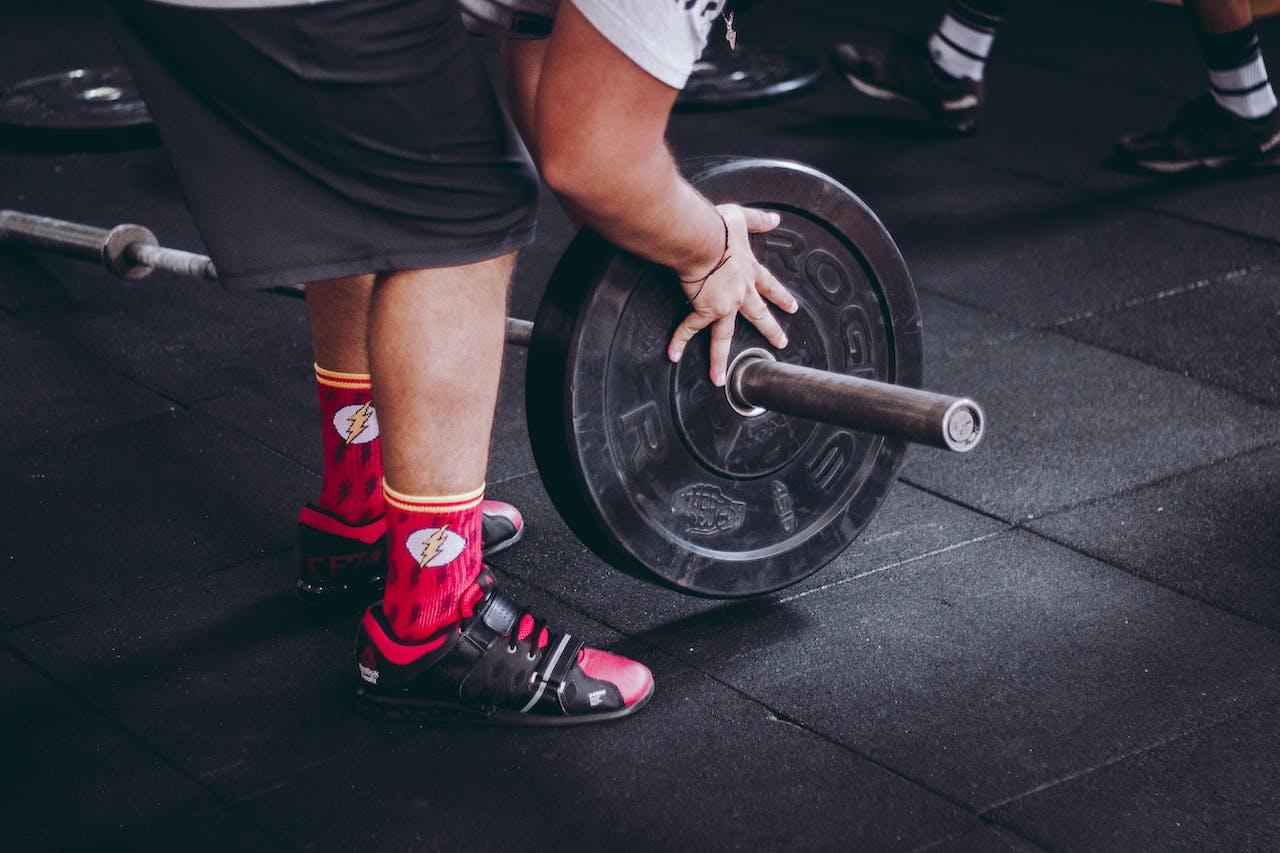
Progressive overload is a fundamental principle in fitness that is essential for building muscle effectively. It involves gradually increasing the demands placed on the body during exercise to continually make adaptations and improvements.
When it comes to muscle building, progressive overload offers several benefits:
➡ Increased Muscle Strength:
By consistently increasing the load or intensity of your workouts, your muscles adapt to handle heavier weights or more resistance. This leads to increased strength and the ability to lift heavier weights over time.
➡ Muscle Growth (Hypertrophy):
Progressive overload triggers muscle growth by causing micro-tears in muscle fibers. As the body repairs these micro-tears, muscles become larger and stronger to better handle the increased workload.
➡ Improved Endurance:
Continually challenging your muscles leads to increased endurance, allowing you to perform more repetitions or sustain higher-intensity workouts for longer durations.
➡ Prevents Plateaus:
The body adapts to stress and becomes more efficient at handling a particular workload. To continue making progress, it’s important to consistently increase the demands placed on the muscles. Progressive overload helps avoid plateaus in muscle growth by continually pushing your body to new limits.
➡ Enhanced Performance:
Whether in strength training, bodyweight exercises, or resistance training, gradually increasing the difficulty of exercises helps improve overall performance in various physical activities.
Implementing progressive overload can be achieved through various means:
- Increasing the amount of weight lifted
- Adding more repetitions or sets
- Adjusting the exercise tempo
- Decreasing rest intervals between sets
- Improving form and technique to maximize muscle engagement
- Incorporating more challenging variations of exercises
It’s crucial to gradually and sensibly introduce overload to avoid injury and ensure that your body has enough time to recover and adapt. This principle applies not only to weight training but also to other forms of exercise, like bodyweight workouts, endurance training, and even flexibility routines.
Always listen to your body and make adjustments to your workouts accordingly!



